Naina and Binny at the Coffee Farm | photo credit: special arrangement
It’s rare to see a specialty coffee shop that celebrates Robusta. With Lasthouse Coffee: Near the lake in Hyderabad’s Jubilee Hills, founder Naina Polavarapu aims to change that with the city’s first coffee shop championing Robusta beans. Indoors with comfortable wooden sofas, and a seating area under an old mango tree,
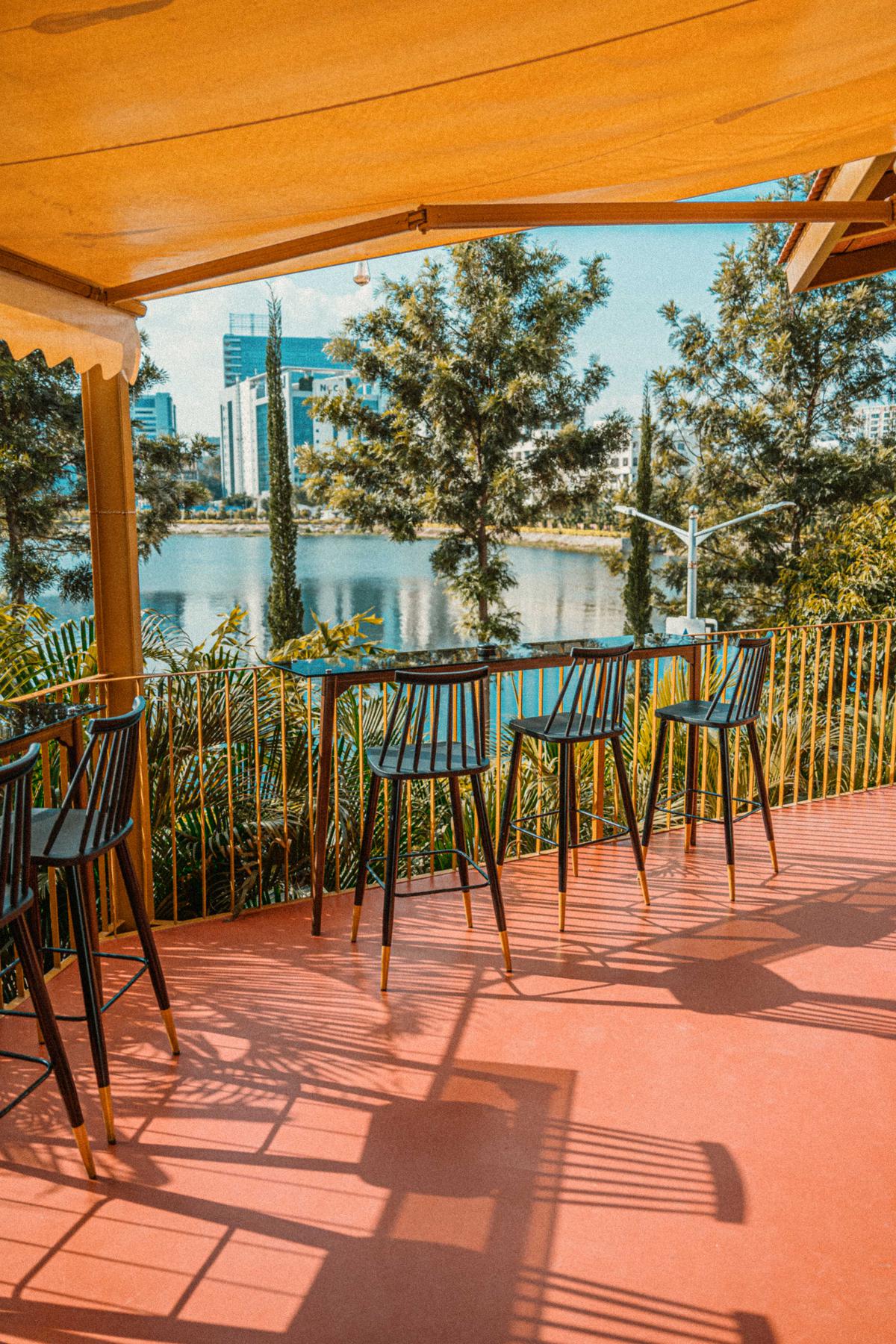
Upper Deck of The Lasthouse Coffee Shop | photo credit: special arrangement
The 50-seat cafe is situated next to Durgam Cheruvu Lake. Naina, The architect-turned-coffee entrepreneur quit her job as an architect in New York City in 2019 to work on her family’s coffee farm, Sunrise Estates, in the Western Ghats of Karnataka. She says that the idea behind opening a coffee shop in Hyderabad was to pave the way for popularizing coffee from Robusta beans.
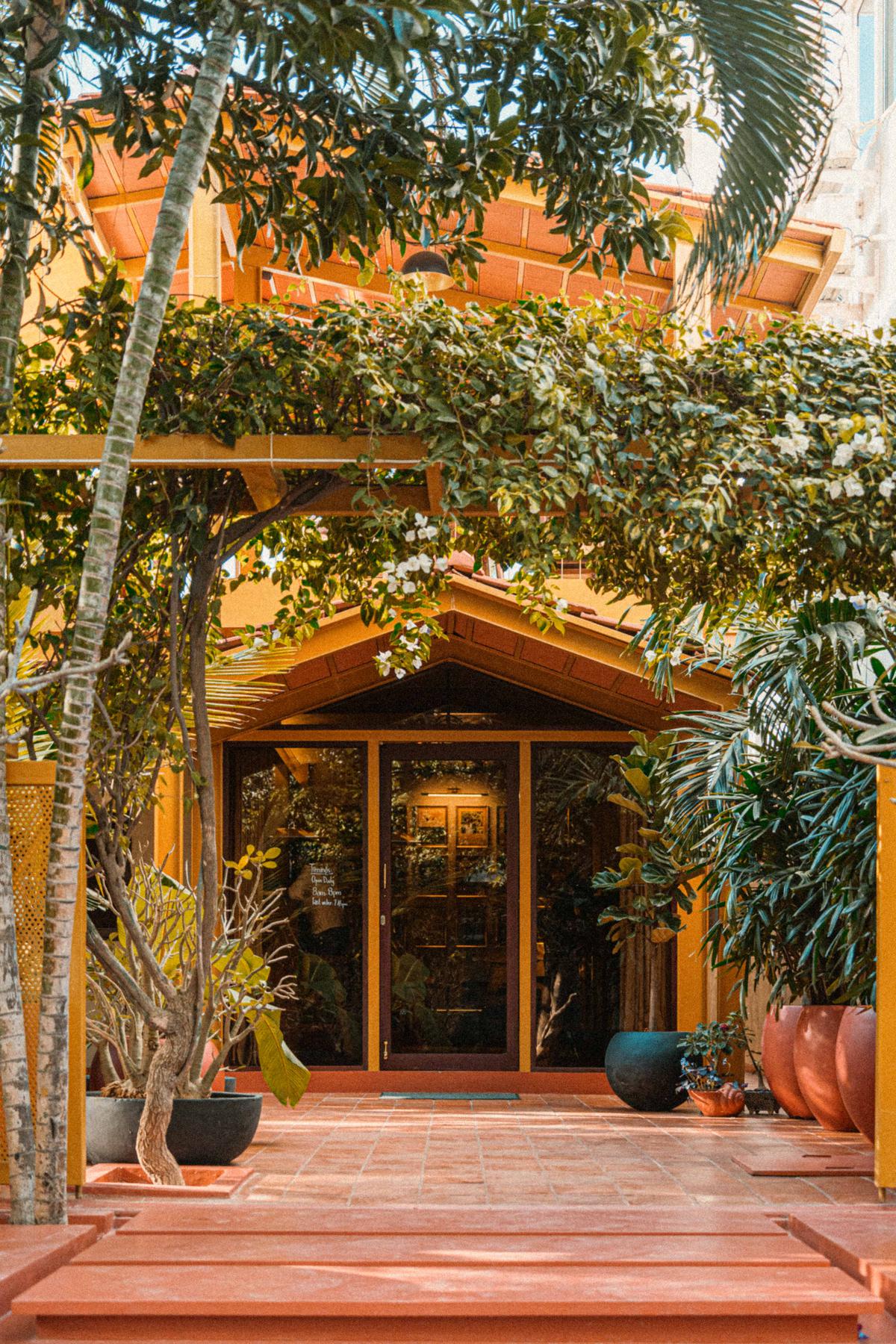
Last House Coffee | photo credit: special arrangement
Why Robusta?
Robusta tends to be an undervalued bean—in a country often dismissed as harsh—more prized by specialty coffee shops than the Arabica variant. The bean is robust in the sense that it is relatively cheap to cultivate, can be grown at low altitudes and is resilient because its high caffeine content acts as a natural insect repellent. Furthermore, compared to Arabica, it is more resistant to erratic weather conditions and hot temperatures; An important feature when talking about climate change.
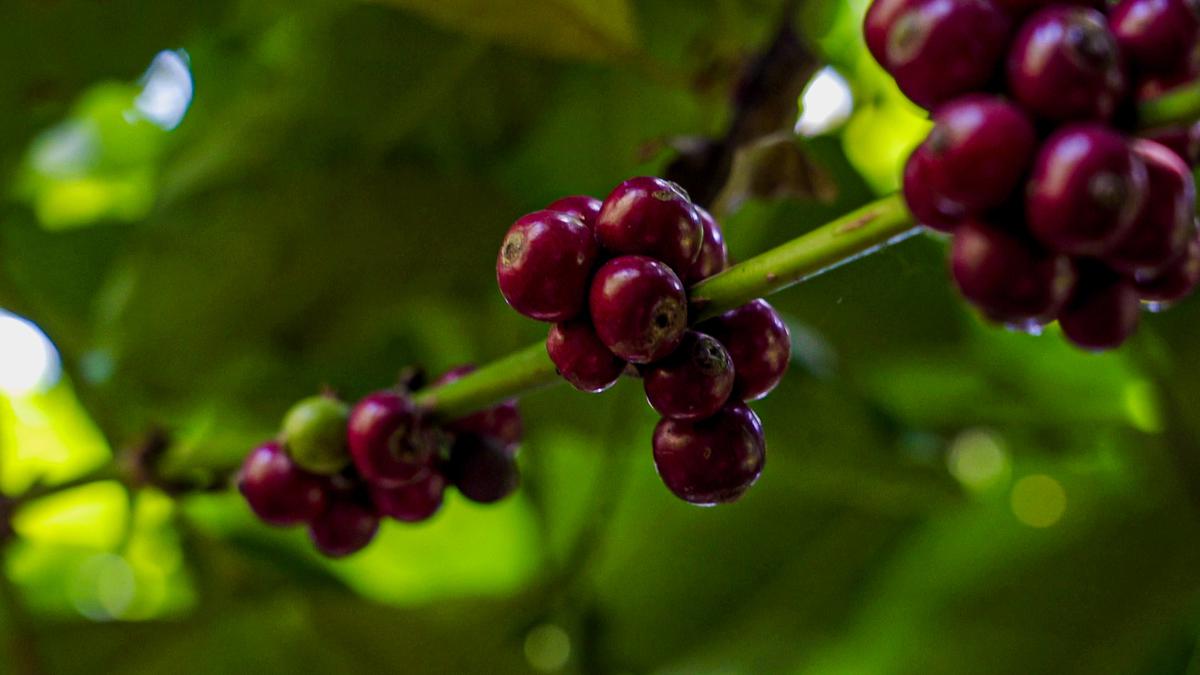
Robusta beans | photo credit: special arrangement
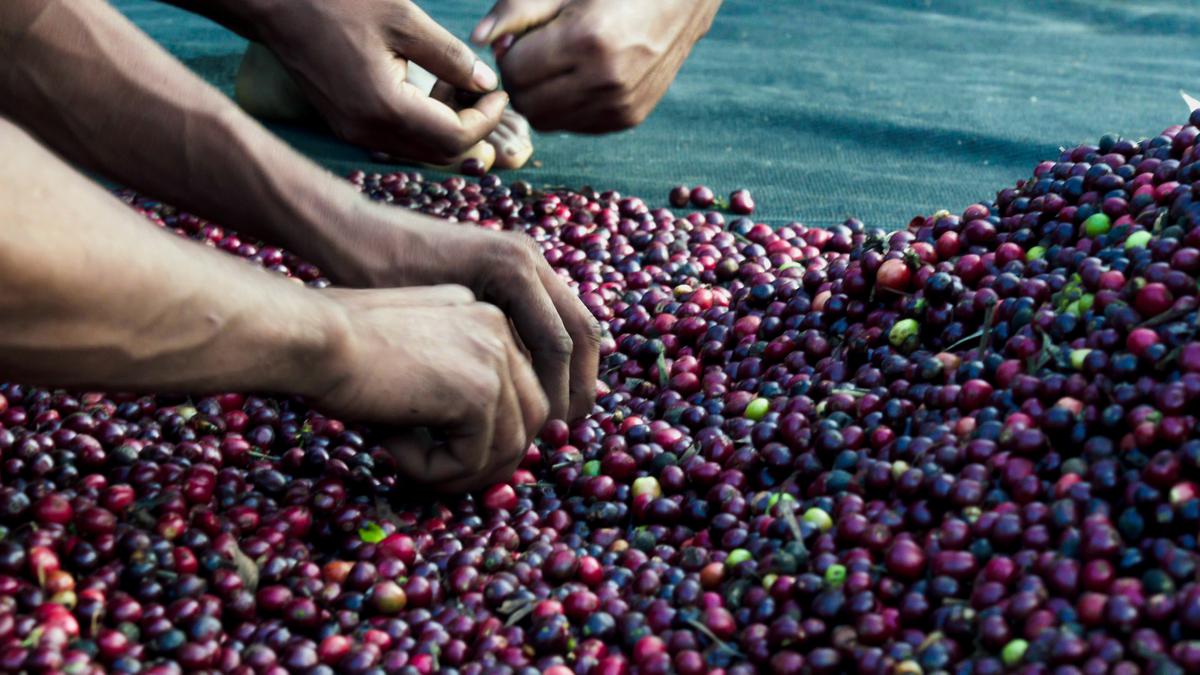
Hand Sorting of Robusta Beans | photo credit: special arrangement
Robusta, like Arabica, when treated properly, can be adapted to any brewing process such as pour over, French press, aero press or siphon and a cup of cappuccino, latte or even a plain Americano. According to Naina, any drip-based method such as pour-over is best suited for Robusta.
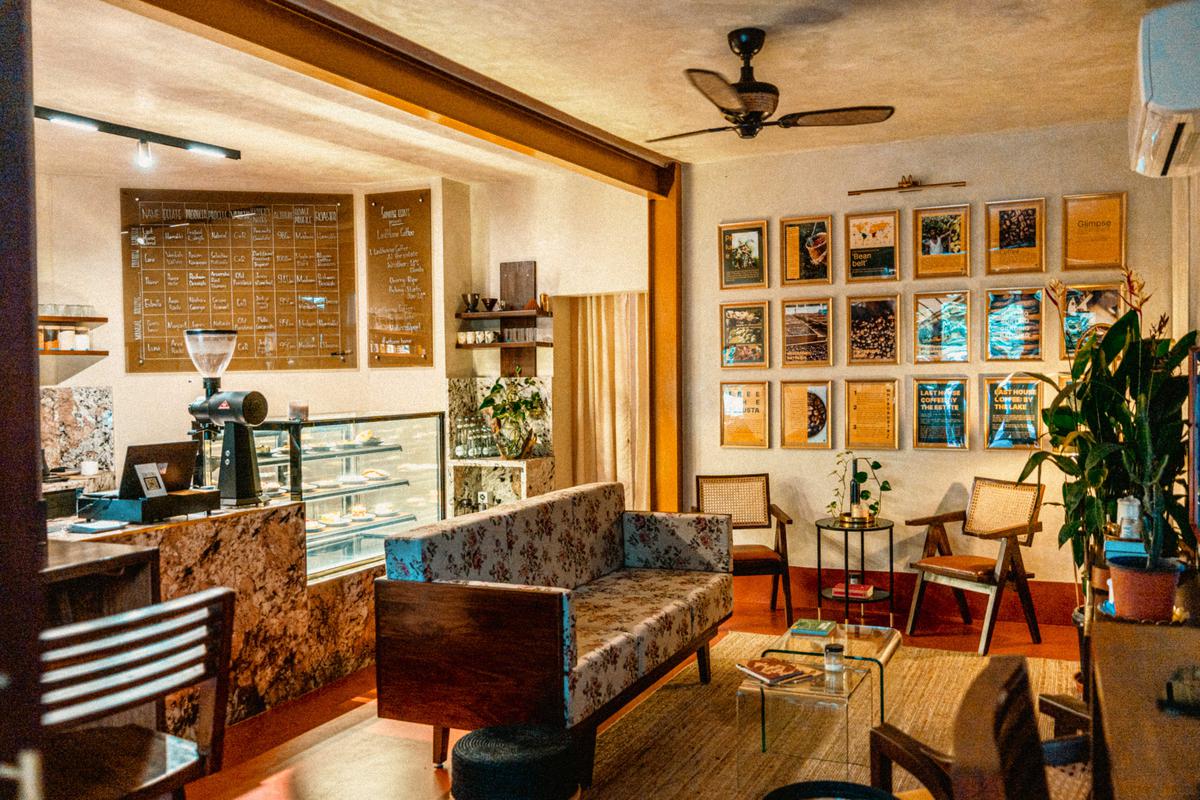
Inside Lasthouse Coffee | photo credit: special arrangement
As a coffee estate owner, Naina has been experimenting with different methods of processing apart from taking care of the plantation. She explains, “For this year’s fermentation, we are experimenting with anaerobic natural, honeydew, koji fermentation, fermented wash, hydro honey, toddy fermentation, etc.” The fermentation process is one of the interventions that seek to improve the market profile of Robusta.
Naina’s Coffee Trail
In addition to serving coffee, Naina aims to encourage the cultivation and consumption of Robusta by making farmers’ presence felt at all stages of the coffee supply chain. For two years on the Robusta journey, she has been working on farms and traveling across India to speak with farmers, roasters and brewers to better understand coffee.
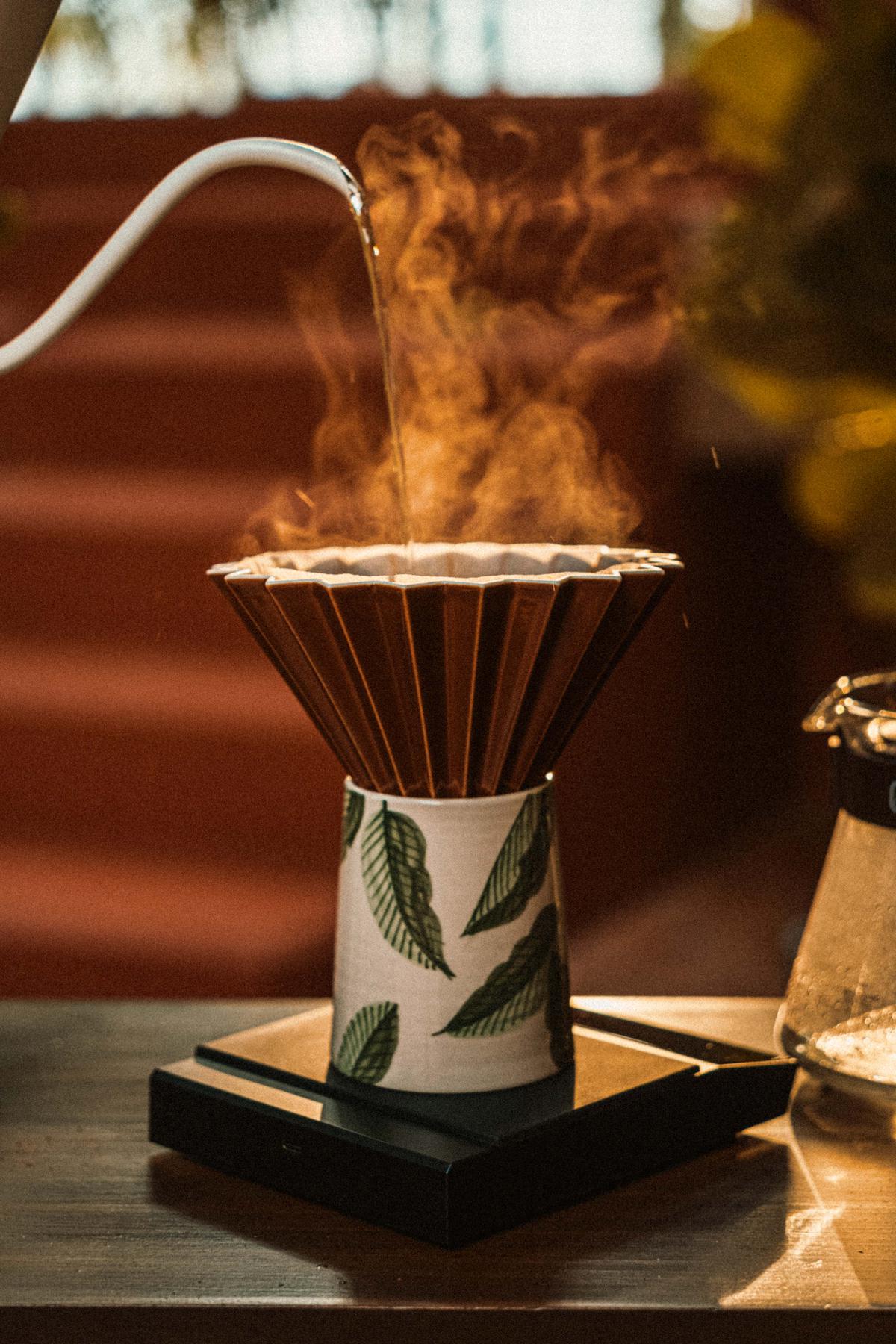
Infused with a special Robusta blend
His narrative revolves around why the Robusta bean, which is exported, has never been central to India’s specialty coffee movement. “None of the estate owners could tell me why Robusta is not sold as a specialty coffee. The more I started taking an interest in the crop, the more I found out. I noticed that Robusta produces cherries much faster than Arabica and gives more crops per tree. Still, the price was a disadvantage. Since nobody cared about Robusta, the price of this bean never went up.”
LastHouse Coffee does its own roasting and brewing, showcasing the best of Indian Robusta – grown, picked, processed and roasted with care. Binny Varghese, also known as the barista on the bike, is helping them organize it all. “Binny is well known in the Indian coffee community for working with farmers as a coffee processing expert, a trainer in coffee-related skills and a marketing specialist,” says Naina.
Binny explains why Robusta has never been the preferred bean for any particular cuppa. “This is a global trend and not India-specific. The most important factor is that we have always considered Arabica to be superior because the beans are delicate and fruity, which is why Arabica has been extensively researched. Robusta never enjoyed that treatment. Because of its high yield, Arabica was seen as a better coffee blend with Robusta in a ratio of 80:20.”
“At Sunrise Estates in Sakleshpur taluk, Karnataka, we are growing only Robusta in 150 acres and are expanding to 400 acres by the end of this year,” explains Naina. He is currently happy with the response of coffee consumers to Lasthouse. When
I tried pour-over Robusta coffee – drip method, black – I couldn’t tell the difference from a cup of Arabica brew.
Lasthouse Coffee
Near Durgam Cheruvu Lake Road, Doctors Colony, Madhapur